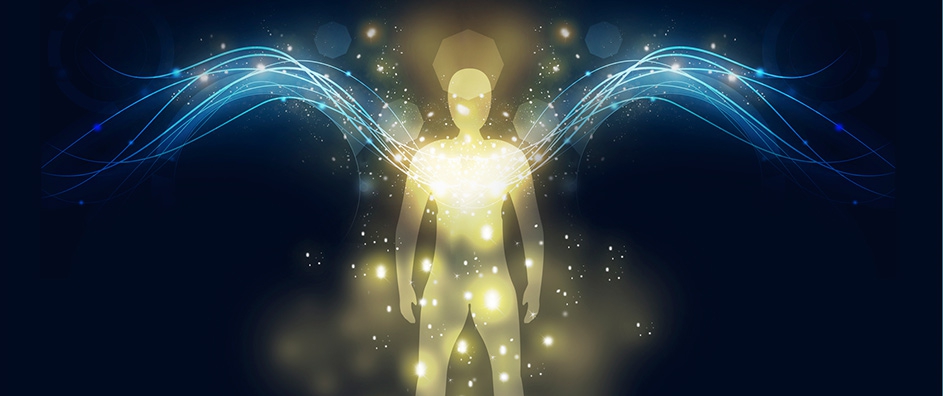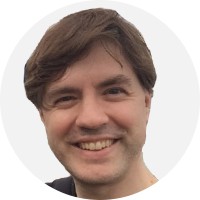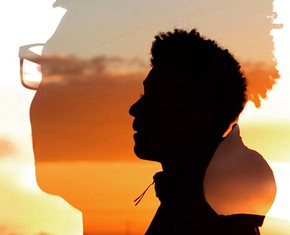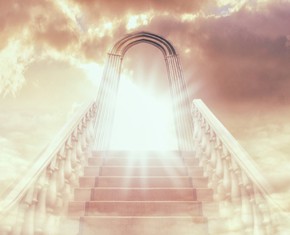The views expressed in our content reflect individual perspectives and do not represent the authoritative views of the Baha'i Faith.
The cells in a human body may have something to say about the meaning of selflessness, and how to balance the needs of the individual against that of the whole.
From the beginning, as they develop from the original stem cells, our cells differentiate themselves by function: liver cells, lung cells, heart cells, etc. Each has a role to play, although their roles may differ greatly. However, all cells have some significance to the whole. A healthy organism does not part with its living cells if it can avoid it. If someone came at me with a scalpel, there’s really no part I’d want to give away!
Further, although individual cells have their own notion of health and prosperity, this health is meaningless if the entire organism becomes sick or depressed. A perfectly healthy cell in a diseased body can’t save the body—or itself, for that matter. The health of the body comes from the health of its cells—but the health of any cell also, directly or indirectly, depends on the health of the body. In every living organism, we see this correspondence between the micro and macro, like a single image reflected in countless mirrors.
This notion of identity held by the person, even though he is physically a moving collection of millions of individual cells, transcends any one grouping of those cells. If you take away arms, ears, or feet, a person would still claim that “I” persists. This “I” doesn’t depend on the cells for its identity, even though it expresses itself through them. In this way, the self of the cell is meaningless on its own; its entire being lies in how it supports the higher self. Our cells live and die and replace themselves constantly, so no individual cell dominates—they all play their ongoing part in supporting and continuing our physical existence.
Thus, the value of a cell lies entirely in how it serves the whole. Even if some cells play a crucial role at times—brain cells, heart cells, the cells in the pancreas—every cell has value for its own function, not the mere fact of its individuality. As human beings, we don’t prize any cell in the body over others simply for its uniqueness. Each cell’s distinction lies in service to a being greater than itself.
This analogy makes a subtle point between intrinsic and extrinsic value. A single rose has great value, because its existence gives us access to roseness for a while; without it and others, roseness would be inaccessible. So too, individuals manifest the attributes of God in the world; as Christ said, “Ye are the salt of the earth; but if the salt has lost his savour, wherewith shall it be salted?”
When we play this role as individuals—that of manifesting or serving a higher reality—it fulfills our being and grants us extreme value. But this is not an intrinsic merit; it is contingent on our relationship to that greater being. This is what I mean by saying that a cell’s value consists in its function, not its independent reality apart from the body.
When the cell finds its happiness in what it can do to render this service, and measures happiness by the well-being of the whole, I think it has attained to selflessness; not by denying itself, but by shifting its locus of awareness to a higher plane. On that plane, all cells are equal, because their purpose, their joy, their ultimate goal, is equal. On the physical plane they differ by function, but on this higher plane, of the being they support, they differ not at all. I think of this when reading the following statement by Baha’u’llah:
“So too, I am my cells, and my cells are I, though we each have our own being, in our own sphere.”
You May Also Like
Comments

















The quote can be read in context here: www.bahai.org/r/602570067
“Manifold and mysterious is My relationship with God. I am He, Himself, and He is I, Myself, except that I am that I am, and He is that He is.” --Bahá'u'lláh, Gleanings from the Writings of Bahá'u'lláh, XXVII (http://www.bahai.org/r/602570067)
The words "So too, I am my cells, and my cells are I, though we each have our own being, in our own sphere" are *not* ...words of Bahá'u'lláh, but John's own reflections on the words quoted above. I believe there is a formatting error on the web page here which has rendered this incorrectly and led to this confusion.
That said, once you see the correct quote, this reflection makes much more sense. It's very inspiring and thoughtful, and I thank the author for sharing it! In searching to figure this out for myself, I discovered John's website and subscribed to it, so that I can read everything he writes from now on. Thanks!
u'llah's quotation. Aren't many or
all physical phenomena analogies
of spiritual truths? Maybe aggressive
cancer cells symbolize the uncontrolled ego and the damage
it does to the social system.
Thank you for the interesting article. Please share the source of the quote you attributed to Baha'u'llah: “So too, I am my cells, and my cells are I, though we each have our own being, in our own sphere."
Related to this topic, I would recommend reading an interesting book titled 'Spontaneous Evolution: Our Positive Future and a Way to Get There from Here' by Bruce H. Lipton and Steve Bhaerman. As not to overly promote the book, those interested can find information about it on the internet.
Thank you again for your contribution(s).
Larry Roofener ...